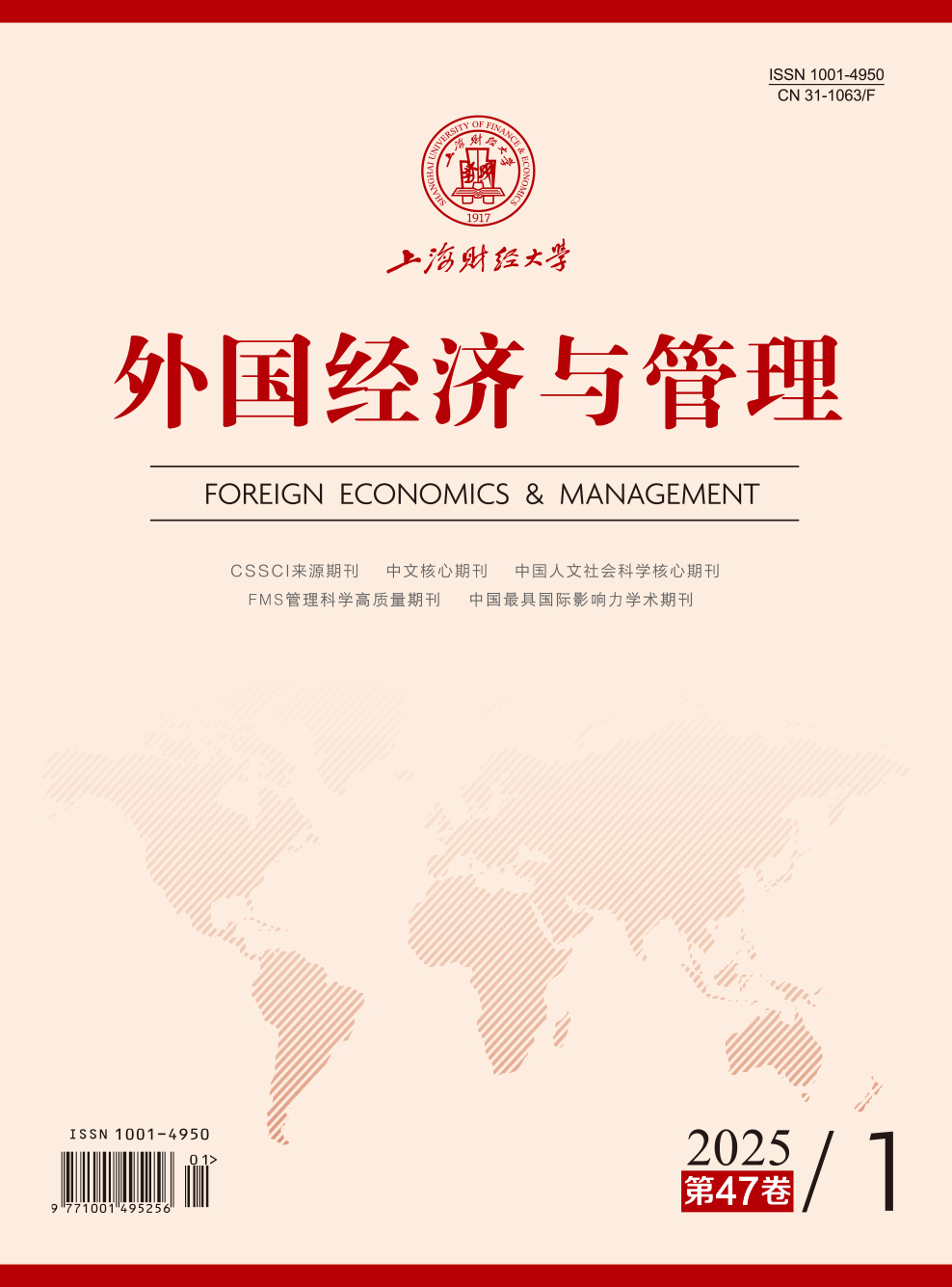As a new tax collection and management method, tax credit rating aims to guide enterprises to consciously pay taxes honestly through the trustworthy incentive mechanism, and it is worth exploring whether it can play an effective governance role in tax avoidance. Taking the establishment of low-tax-rate nonlocal subsidiaries as the starting point, the study finds that tax credit rating can effectively exert the tax avoidance governance effect, which is manifested in that when the tax credit rating of the parent company of the group is rated as A, the proportion of establishing low-tax-rate nonlocal subsidiaries is significantly reduced. Mechanism testing shows that tax credit rating exerts the tax avoidance governance effect mainly by providing preferential convenience for enterprises and enhancing corporate reputation risk. Heterogeneity analysis shows that in the sample group with low regional social trust, low industrial economic status, and high product uniqueness, tax credit rating has a more significant effect on tax avoidance governance. This paper deepens the relevant research on tax credit rating to improve corporate tax compliance, and provides useful reference for tax authorities to carry out targeted anti-tax avoidance prevention and control work for group companies.
 / Journals / Foreign Economics & Management
/ Journals / Foreign Economics & ManagementForeign Economics & Management
JIN Yuying, Editor-in-Chief
ZhengChunrong, Vice Executive Editor-in-Chief
YinHuifang HeXiaogang LiuJianguo, Vice Editor-in-Chief
A Study on the Tax Avoidance Governance Effect of Tax Credit Rating: From the Perspective of Setting up Low-tax-rate Nonlocal Subsidiaries
Foreign Economics & Management Vol. 47, Issue 01, pp. 21 - 37 (2025) DOI:10.16538/j.cnki.fem.20240827.203
Summary
References
Summary
Cite this article
Zhou Zejiang, Liu Jin, Lei Ling. A Study on the Tax Avoidance Governance Effect of Tax Credit Rating: From the Perspective of Setting up Low-tax-rate Nonlocal Subsidiaries[J]. Foreign Economics & Management, 2025, 47(1): 21-37.
Export Citations as:
For




 3658
3658  4276
4276

